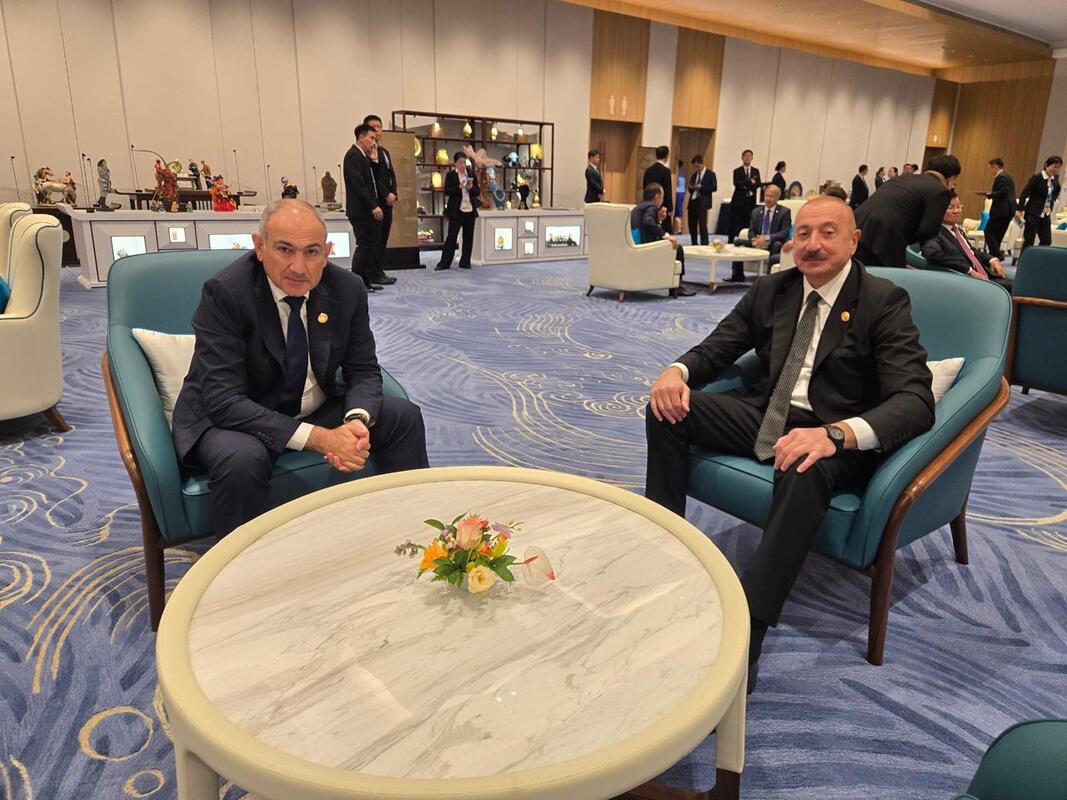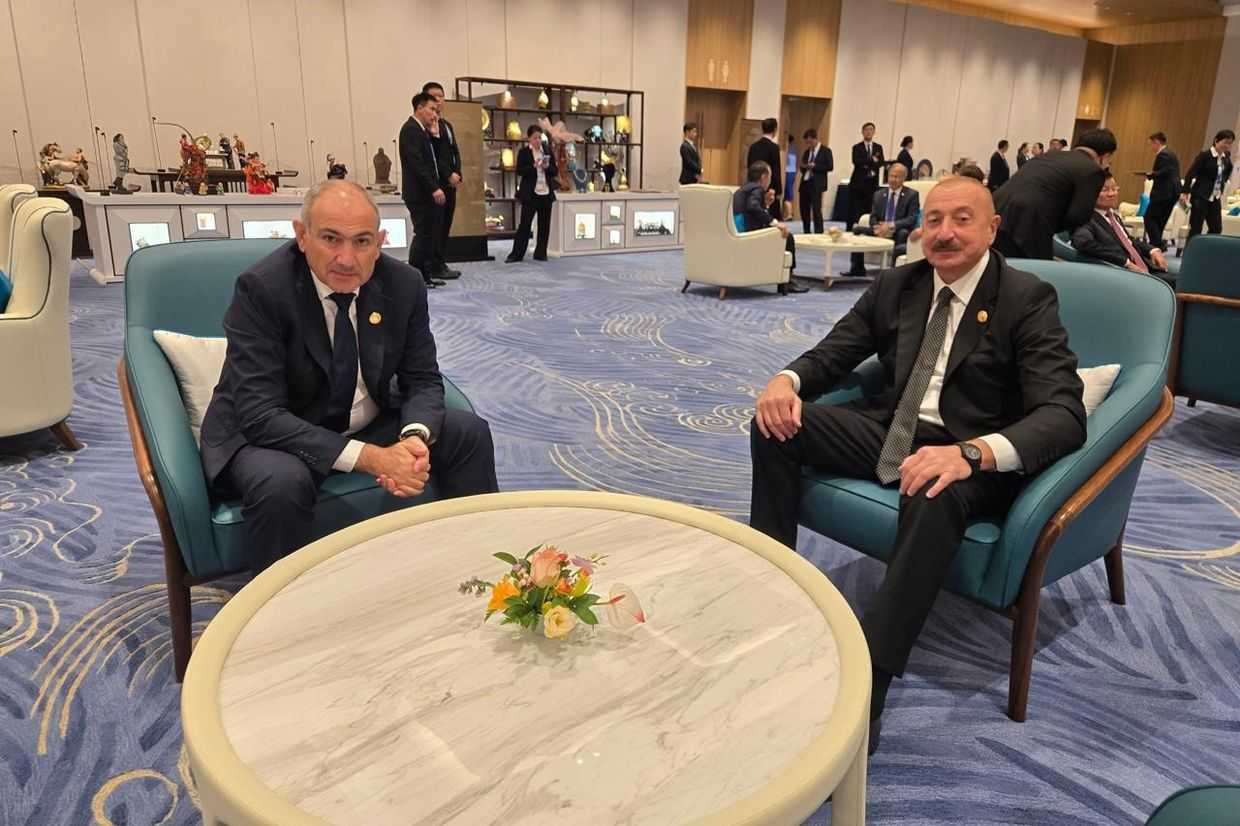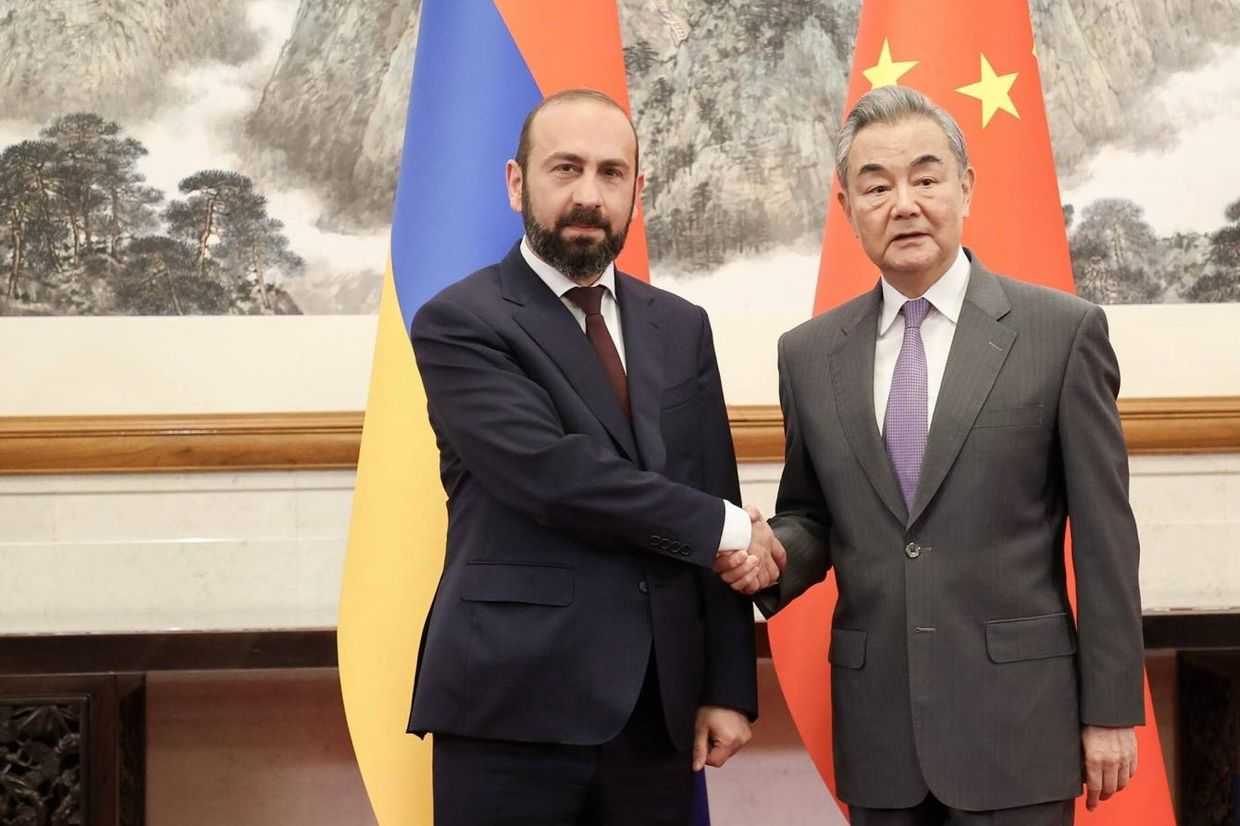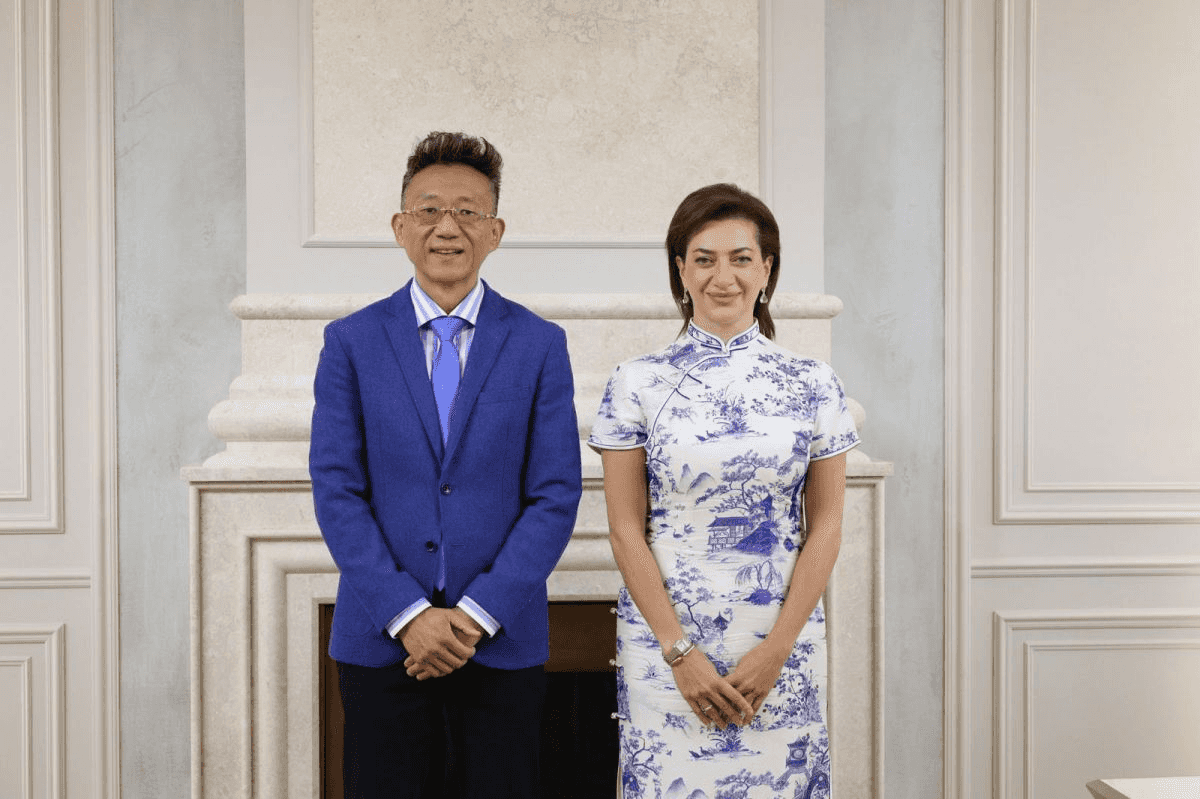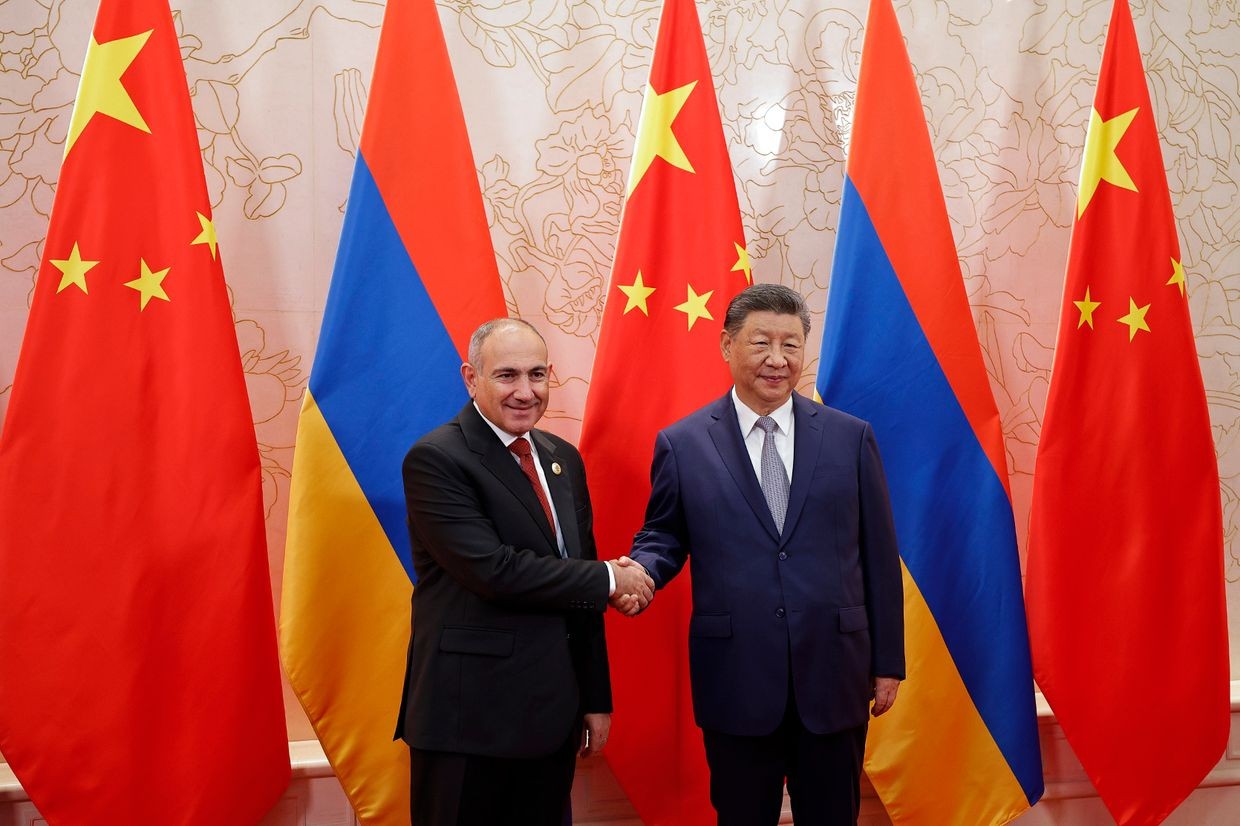
Armenian Prime Minister Nikol Pashinyan and Chinese President Xi Jinping have announced the signing of a strategic partnership agreement.
The two leaders announced the establishment of a strategic partnership between their countries during a Shanghai Cooperation Organization (SCO) summit on Sunday.
According to the joint statement published by the Armenian state-run media outlet Armenpress, China and Armenia vowed to refrain from actions that would ‘harm the sovereignty, security, and development interests of the other side’.
The Armenian side has also opposed any form of Taiwanese independence.
In turn, China has expressed support for Armenia’s political independence and sovereignty, in addition to supporting Armenia’s ‘Crossroads of Peace’ initiative, an Armenian proposal to unblock transit links through its own territory for neighbouring countries.
According to the joint statement, Armenia is ready to work with China to promote and implement projects under the ‘Crossroads of Peace initiative’ and China’s Belt and Road Initiative — a global connectivity project.
According to a separate article published by Armenpress, Pashinyan noted that the Belt and Road Initiative could be linked to the ‘Crossroads of Peace’.
The Armenian ‘Crossroads of Peace’ initiative emerged to counter Azerbaijan’s ‘Zangezur corridor’ proposal to link Azerbaijan to its western exclave of Nakhchivan through Armenian territory.
However, through US mediation, both countries agreed in early August to restore transit links between them through the Trump Route for International Peace and Prosperity (TRIPP) — the details of which remain scarce.
They additionally expressed readiness to increase mutual investments and cooperation in industry, information, telecommunications, and energy.
They also vowed to cooperate within the United Nations, support each other regionally and internationally, and to ‘join hands in promoting an equal and orderly multipolar world’.
Armenia is the last in the South Caucasus to sign a strategic partnership with China, following Georgia in 2023 and Azerbaijan earlier in 2025.
